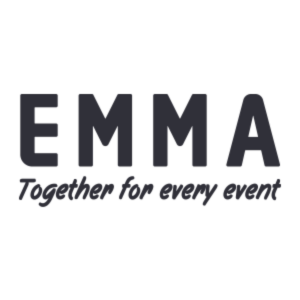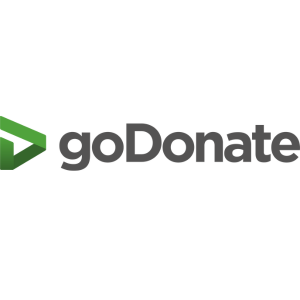Insights
INSIGHTS
All Topics
How to fundraise from small businesses
13 Jan 2021by Helen Olszowska
We find out more about the rise in this type of giving and how all charities can benefit from it
In 2021 there were 5.5 million small businesses in the UK. The ‘small’ category covers any business with 0–49 employees, regardless of how much income it generates. As a group, small businesses account for 99.2% of all business income in the UK.
Reflecting on the changes in corporate giving over the last couple of years, Rob Woods, Director at Bright Spot Fundraising says, “being a good citizen and corporate citizen has risen in many people’s agenda.”
Consumers are more likely to buy products or services that also support charities and business owners increasingly see their businesses as a way to support the charities they care about.
Currently, the UK charity sector receives just 2% of its total income from businesses, so the small business sector represents a huge opportunity.
Rosie Leverton, Head of Corporate Partnerships at Tommy’s, explains why fundraising from small businesses has been a challenge in the past: “We noticed we were having a growing number of enquiries from this type of company where...they’re not looking to create a larger partnership..but they’re also not...really community fundraisers.”
Leverton and her team found that small business donors were getting lost between teams and this was a big concern because, “the vast majority…are people with lived experience and that’s why it was really important that we had a home for them,” she explains.
We look at five steps charities can take to set up a small business fundraising programme.
Define the types of small business you want to work with
There are thousands of small businesses out there, but Woods says, “my experience is you’re most likely to succeed if you define the type of companies you’re most keen to partner with”.
Two key questions to ask yourself are: what type of person is most likely to care about our cause? And what type of company is selling products or services to this audience?
It’s the combination of those audiences and companies that are likely to be the best supporters of your small business programme.
Promote your programme
The team at Tommy’s have researched where they can easily reach the donors in their small business programme. “We focus a lot on Instagram because...we’ve noticed that that’s where a lot of these businesses are,” Leverton explains.
Showcasing small businesses that are supporting Tommy’s on Instagram has generated an influx of enquiries from similar businesses interested in doing the same thing.
Create an easy and compelling ask
Incentivising businesses to give their first donation is an important step in this type of fundraising. “Make it easy and enticing for companies to get involved,” says Wood.
Tommy’s have successfully trialled a tailored campaign for small businesses asking for support during Baby Loss Awareness Week which led to an uplift in giving.
In 2020, Leeds Hospitals Charity created a Christmas campaign called, ‘Sponsor the Sparkle’ asking local companies to light up a star on the side of the hospital, which raised £35,000 in its first year.
You can also take advantage of existing campaigns that will match or double donations from small businesses such as the Big Give or Work for Good’s Small Business Star campaign.
See it as a partnership
Tommy’s have worked closely with small businesses that have engaged Instagram followings as a network of micro-influencers. They have collaborated on launching campaigns to give their influencer strategy more of a grassroots feel.
Children’s Hospice South West has enhanced the relationship with small business supporters by hosting one-hour virtual events for them each month called ‘Bitesize Business Breakfast’. Businesses were asked to donate £300 in order to attend the series of events generating £30,000.
Get the right processes in place
The process for onboarding a small business partner starts with the first point of contact, so making sure that your social media, community and supporter care teams understand how your programme works and have template responses for prospective partners is really important.
Once you have established that a business is really committed to supporting your charity and has a realistic idea of what they can give, you need to set up a commercial participation agreement.
Creating a bespoke agreement for a small business can feel quite “heavy-handed” according to Leverton. She describes starting to use Work for Good as a “gamechanger” for the small business programme at Tommy’s.
Work for Good is a digital platform that automates the commercial partnership agreement process, pre-qualifies small businesses and helps charities to track income and manage small business partnerships.
Understanding your small business audiences and making it easy for them to partner with your charity can prevent these valuable, and often personally connected, business owners from falling through the gaps between fundraising teams.
Helen Olszowska
More on this topic
Recommended Products
Our Events
Charity Digital Academy
Our courses aim, in just three hours, to enhance soft skills and hard skills, boost your knowledge of finance and artificial intelligence, and supercharge your digital capabilities. Check out some of the incredible options by clicking here.















